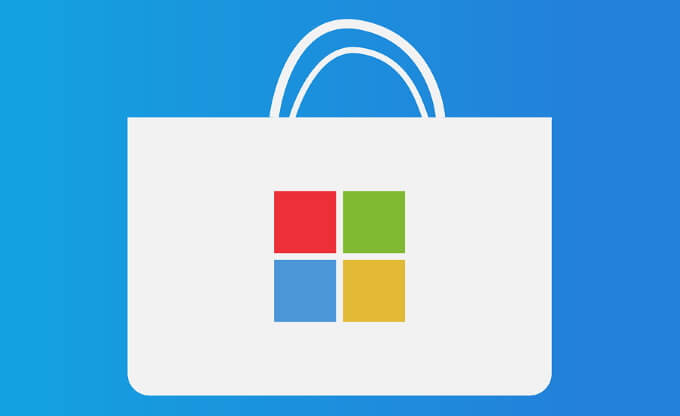Microsoft revises Store policy that technically banned open source software developers from making profits, even if it was only intended to ban copycat and misleading apps.
Microsoft has revised the wording of its Microsoft Store policies after fears the previous wording would ban open source software developers from making profits from their apps on the store.
Giorgio Sardo, general manager (GM) in the Experiences and Devices group at Microsoft and GM for the Microsoft Store, announced the changes today via Twitter concerning sections 10.8.7 and 11.2 of the Store policy document. These sections regard how much developers charge for apps and the copyright infringement reporting to Microsoft, respectively.
The new wording for section 10.8.7 says: "In cases where you determine the pricing for your product or in-app purchases, all pricing … must not be priced irrationally high relative to the features and functionality provided by your product."
The newly worded section scrubs previous references to open source software (OSS) and whether OSS developers or others can profit from it or free and OSS software via the Store.
Sardo said in a tweet this week: "Last month, we shared a few updates to Microsoft Store policies to help protect customers from misleading product listings. We heard your feedback, and today we made a change to policy 10.8.7 and 11.2."
But it took Microsoft a few weeks to knock its policy on charging for apps into shape. Questions about the previously worded section 10.8.7 were picked up in early July by Microsoft-watcher Rafael Rivera. Those changes were set to come into force on July 16. (Section 10.8 deals with financial transitions on the Store.)
These changes, posted on June 16, were logged in Microsoft's store policy change history as: "Update to 10.8.7 to prohibit charging fees in the Store for open-source or other software that is generally available for free and restrict irrationally high pricing."
The wording at the time said Store developers, when determining pricing, must not "attempt to profit from open-source or other software that is otherwise generally available for free, nor be priced irrationally high relative to the features and functionality provided by your product."
By chopping any reference to open source and profits, Microsoft appears to agree that its previous wording was clumsy. The company has nothing against OSS developers making money on the Store, but was, as Sardo said this week, trying to prevent misleading and copycat apps profiting from OSS apps. The new section 11.2 highlights that infringement cases should be reported to Microsoft.
But the previous wording raised several questions. For example, OSS developers put in work to make their apps Store-ready and the Microsoft Store should allow them to capture some of that value, Rivera had noted.
The former version of 10.8.7 seemed a "bit restrictive given some OSS needs a lot of TLC to get working in AppContainer and devs that do the work should be able to recoup the investment," he wrote at the time.
The proposed policy change gained wider attention after developer Hayden Barnes retweeted Rivera's post and said he was "disappointed" that the policy's wording seems to prohibit anyone from selling open source software in the Store.
The Store gives OSS developers a way to sustain projects by allowing them to charge a "reasonable amount", he added.
However, even he believed Microsoft intended merely to prevent copycats from profiting from OSS projects. But he wanted Microsoft to wording of the prohibition on profiting from OSS as it was too broadly defined.
"I support language to block copycats but the policy language needs to be more narrowly tailored. As-is it sweeps in legit open source apps and, to me, possibly even proprietary apps with MIT/BSD dependencies if your apps cannot 'attempt to profit from open-source software'," he later added.
Sardo had quickly confirmed to Barnes and Rivera that blocking copycat profiting was the intent and promised Microsoft would look into clarifying the wording: that job is done now.
- Karlston
-

 1
1



Recommended Comments
There are no comments to display.
Join the conversation
You can post now and register later. If you have an account, sign in now to post with your account.
Note: Your post will require moderator approval before it will be visible.